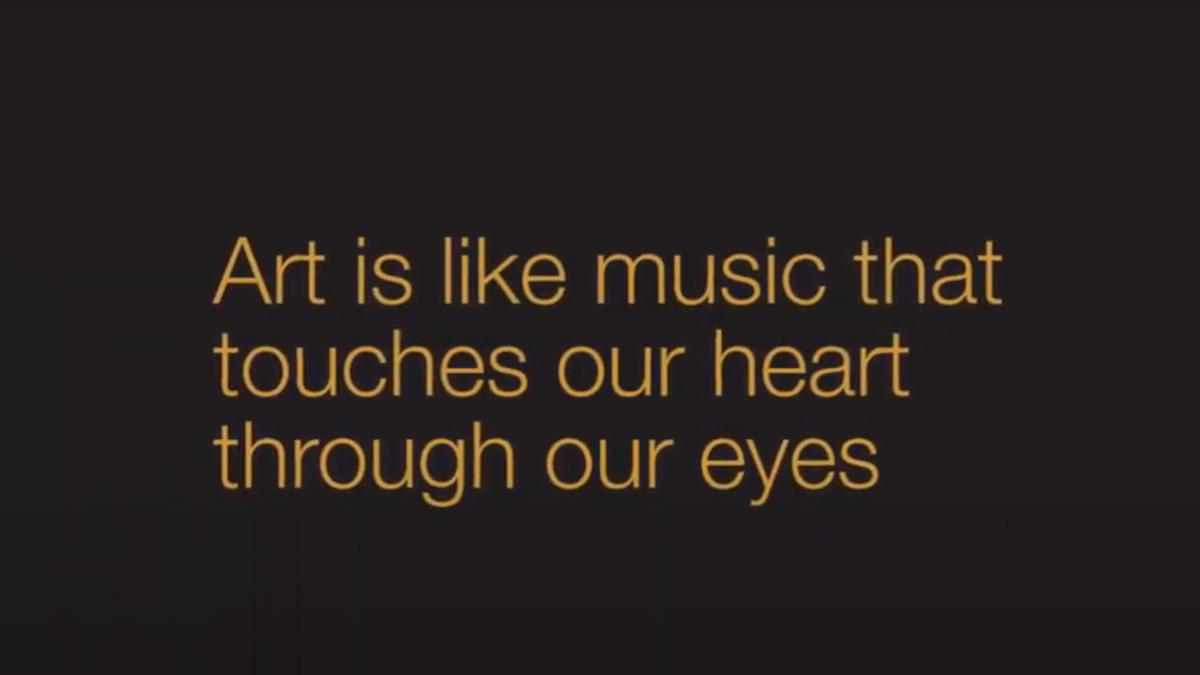Amadeus: A Masterpiece of Music and Madness
This is Earth Films, and we are celebrating great movies by writing blogs about them. Today, we are going to talk about Amadeus, one of the most purely entertaining biopics to date, which is well worth your time.
Amadeus is one of the most acclaimed and beloved films of all time, a dazzling biopic of Wolfgang Amadeus Mozart, the musical genius who changed the world with his sublime compositions. But it is also a dark and tragic tale of Antonio Salieri, the court composer who envied Mozart’s talent and plotted his downfall. Directed by Miloš Forman, Amadeus is a cinematic triumph that combines historical drama, psychological thriller, and musical spectacle.
The Plot
The film begins in 1823, when an elderly Salieri attempts to kill himself, confessing that he murdered Mozart 32 years ago. He is taken to a mental asylum, where he tells his story to a young priest. He recalls how he first met Mozart in 1781, when he was a respected and pious musician serving Emperor Joseph II of Austria. He was shocked to discover that Mozart was a childish and vulgar man, who wasted his divine gift on frivolous and obscene operas. He became obsessed with Mozart’s music, and felt that God had chosen Mozart to mock him. He decided to destroy Mozart, by sabotaging his career, spreading rumors about him, and eventually commissioning a mysterious requiem that would be his deathbed masterpiece.
The film follows Mozart’s life in Vienna, as he struggles with poverty, illness, family troubles, and artistic challenges. He clashes with the conservative musical establishment, who resent his innovation and popularity. He marries Constanze Weber, a young woman who loves him but also demands his attention and money. He tries to please the emperor, who admires his work but also imposes restrictions on him. He suffers from bouts of depression and paranoia, especially after the death of his father. He is haunted by a mysterious masked man, who turns out to be Salieri in disguise, who manipulates him into writing the requiem that will seal his fate.
The film ends with Mozart’s death in 1791, at the age of 35. He is buried in a mass grave, as his requiem remains unfinished. Salieri is left alone, tormented by guilt and remorse. He declares himself the patron saint of mediocrities, and asks for God’s forgiveness.
The Awards
Amadeus was nominated for 11 Academy Awards in 1985, and won eight of them: Best Picture, Best Director (Miloš Forman), Best Actor (F. Murray Abraham), Best Adapted Screenplay (Peter Shaffer), Best Art Direction (Patrizia von Brandenstein and Karel Černý), Best Costume Design (Theodor Pištěk), Best Makeup (Dick Smith and Paul LeBlanc), and Best Sound (Mark Berger, Tom Scott, Todd Boekelheide, and Chris Newman). It also won four Golden Globes, four BAFTAs, and numerous other awards.
The film was praised for its stunning cinematography by Miroslav Ondříček, its lavish production design by Patrizia von Brandenstein and Karel Černý, its authentic costumes by Theodor Pištěk, its realistic makeup by Dick Smith and Paul LeBlanc, its brilliant editing by Nena Danevic and Michael Chandler, and its magnificent music by Neville Marriner and the Academy of St Martin in the Fields orchestra.
The film was also lauded for its superb performances by the cast. Tom Hulce played Mozart as a complex and contradictory character: a genius who was also a fool, a rebel who was also a conformist, a child who was also a man. He captured Mozart’s playful humor, passionate spirit, creative energy, emotional vulnerability, and tragic fate. F. Murray Abraham played Salieri as a sympathetic villain: a man who admired Mozart but also hated him, who loved music but also feared it, who served God but also defied him. He portrayed Salieri’s inner conflict, moral dilemma, cunning scheme, and bitter regret.
The Legacy
Amadeus is widely regarded as one of the best films ever made. It has been ranked among the greatest films of all time by various critics and publications. It has been preserved in the National Film Registry by the Library of Congress for being “culturally, historically, or aesthetically significant”. It has been adapted into several stage productions, musicals, and operas. It has inspired countless artists, musicians, and filmmakers.
Amadeus is also a tribute to Mozart’s music, which is featured throughout the film in its original form or in adapted versions. The film showcases some of Mozart’s most famous works, such as The Marriage of Figaro, Don Giovanni, The Magic Flute, and the Requiem. It also introduces some of his lesser-known works, such as the Serenade for Winds, the Piano Concerto No. 20, and the Masonic Funeral Music. The film reveals the beauty, complexity, and emotion of Mozart’s music, as well as the genius and madness behind it.
Amadeus is a film that celebrates the power and mystery of music, the joy and sorrow of life, and the glory and folly of humanity. It is a film that makes us laugh and cry, wonder and marvel, admire and pity. It is a film that reminds us of the immortal words of Mozart himself:
“The music is not in the notes, but in the silence between.”
The Facts and Fiction
Amadeus is based on the play of the same name by Peter Shaffer, who also wrote the screenplay for the film. The play was first performed in London in 1979, and won a Tony Award in 1981. The play and the film are both fictionalized accounts of Mozart’s life, and do not claim to be historically accurate. In fact, many of the events and characters in the film are either exaggerated, invented, or altered for dramatic purposes.
For example, the bitter rivalry between Salieri and Mozart was largely fabricated. In reality, they were not enemies, but rather colleagues who respected each other’s work and occasionally collaborated. Salieri did not sabotage Mozart’s career, nor did he commission his requiem. He also did not confess to killing Mozart, nor did he attempt suicide. He lived until 1825, and remained a successful composer until his death.
However, despite these inaccuracies and embellishments, Amadeus is not meant to be a documentary or a biography of Mozart. It is rather a creative interpretation of his life, seen through the eyes of Salieri. It is a story that explores the themes of talent and envy, faith and doubt, art and ambition, love and death. It is a story that uses fiction to reveal some truths about human nature and musical expression.
The Criticism
Amadeus received mostly positive reviews from critics and audiences alike. It was praised for its artistic vision, its technical excellence, its musical score, its acting performances, and its emotional impact. It was also recognized for its cultural significance, as it introduced Mozart’s music to a wider audience and increased its popularity.
However, some critics also pointed out some flaws or weaknesses in the film. Some criticized its historical inaccuracies or distortions, arguing that it misrepresented Mozart’s personality and achievements, or that it unfairly maligned Salieri’s reputation and character. Some also questioned its moral message or implications, suggesting that it glorified Mozart’s genius at the expense of his humanity, or that it portrayed God as cruel or indifferent to human suffering.
One of the most influential critics who praised Amadeus was Roger Ebert, who gave it four out of four stars. He acknowledged that it was one of the “riskiest gambles a filmmaker has taken in a long time,” but added “(here is the genius of the movie) there is nothing cheap or unworthy about the approach,” and ultimately concluded that it was a “magnificent film, full and tender and funny and charming”. He also ranked it as one of his favorite films of all time.
The Conclusion Amadeus is a film that deserves to be seen by anyone who loves music, cinema, or history. It is a film that offers a rich and captivating and moving experience. It is a film that transcends its genre and medium and time. It is a film that celebrates one of the greatest composers and artists and humans who ever lived. It is a film that asks us to ponder one of the most profound questions and mysteries and challenges of life:
What does it mean to be gifted?
This blog post is brought to you by Earth Films, a production company in Mumbai, that specializes in creating movies, ad films, corporate videos, and documentaries. You can also visit Earth Films’ website and follow us on social media to learn more about our work or watch our other productions.






































